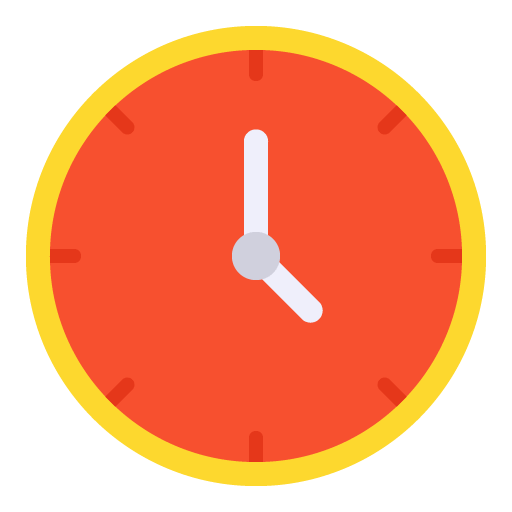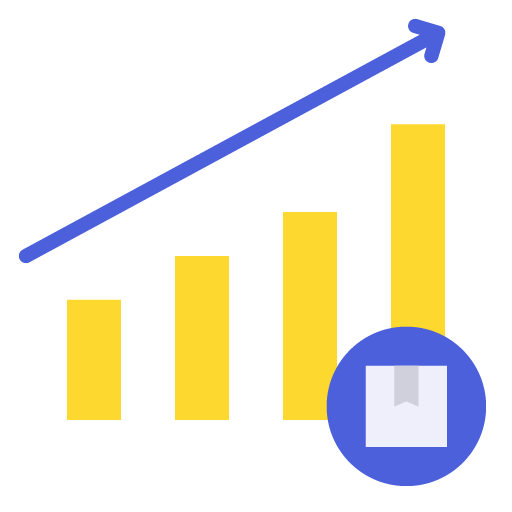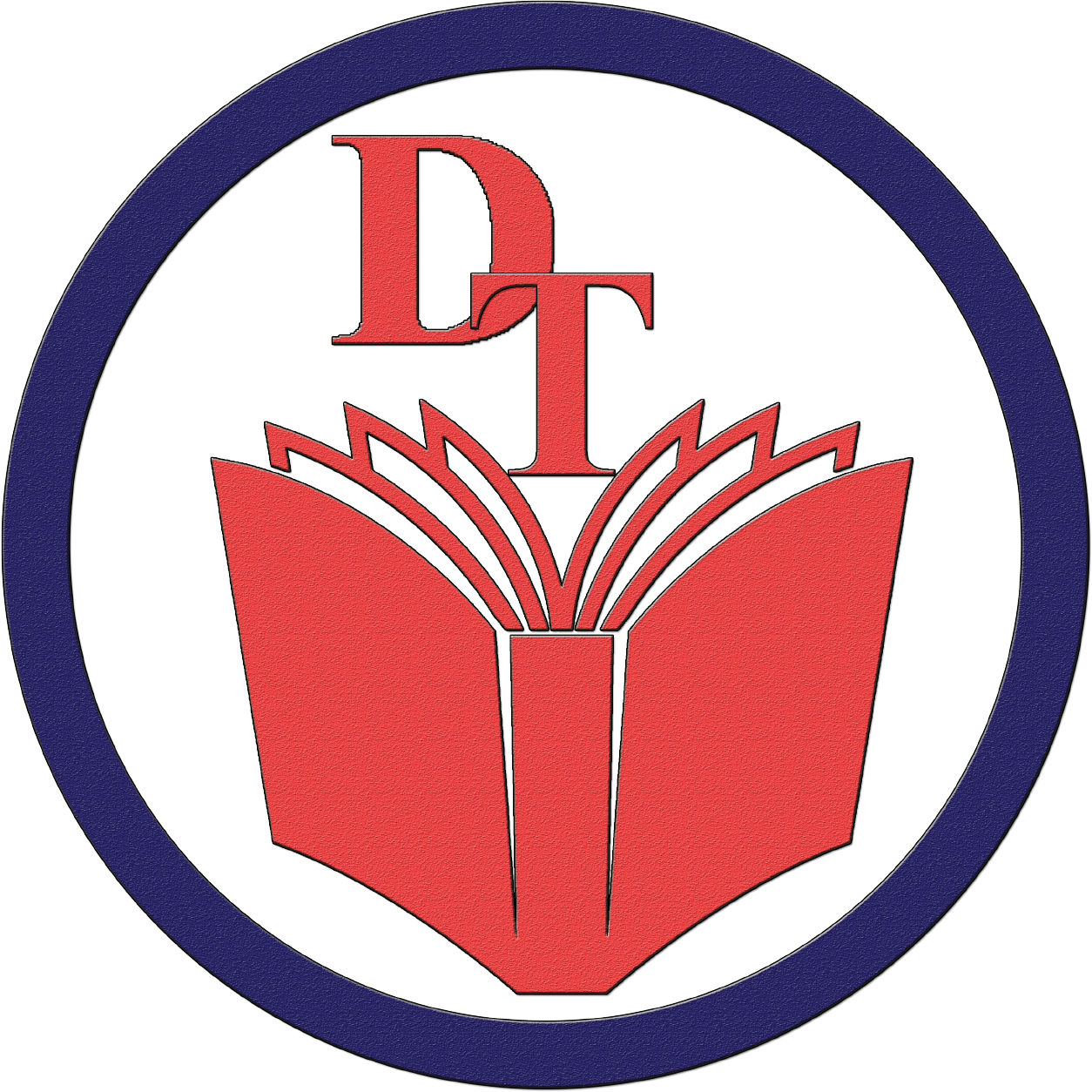JEE EXAM
Are you a JEE aspirant and looking for the best coaching institute? So don’t worry; the Doon toppers are here to provide you with the best coaching classes for JEE exam. The doon topper is a popular name in education, established in 2005. Avail of this golden opportunity before it’s too late. Prepare practice and crack your JEE on the first attempt with doon toppers.
Start on March 24, 2021
What is JEE Exam?
JEE is the joint entrance examination required for admission to any recognized engineering college across the country. The JEE exam was conducted by NTA (National testing agency ) in 4 sessions.JEE is the most challenging exam in the country and very important for entrance To India; prestigious colleges like IITs, NITs, and central funded technical institutes. JEE exam was conducted in 2 parts
- JEE MAIN
- JEE ADVANCE
• For medical students
Advanced Sheets Styling
Creating a generic style for an element or a class
For engineering
Adaptive layout making
Making Your Design Adaptive
For teacher and lecturer
Moved the site to WordPress
Migrate your WordPress site in 5 simple steps
Career as a translator and interpreter
Editing and adding content
Add And Edit Content. Inline Edition. Seo tools
JEE EXAM ELIGIBILITY
- The student who clears the 12th examination or those appearing in their 12th examination are eligible to appear in the 2023 JEE main examination.
- Students have only two attempts.
- The candidate who has a diploma can also appear in JEE examination.
• For medical students
Advanced Sheets Styling
Creating a generic style for an element or a class
For engineering
Adaptive layout making
Making Your Design Adaptive
For teacher and lecturer
Moved the site to WordPress
Migrate your WordPress site in 5 simple steps
Career as a translator and interpreter
Editing and adding content
Add And Edit Content. Inline Edition. Seo tools
Exam pattern of JEE mains
- The national testing agency administers JEE’s main
- This national
- -level exam is conducted four times a year
- It is a computer-based test.
- The paper is 300 marks, and the time duration was 3 hours.
Exam pattern of JEE Advance
- It was a computer-based and also a pen-and-paper test
- The question paper contains both multiple as well as objective type questions
- The time duration is 3 hours
- The marking scheme is four marks for every correct answer and 0 for every un-attempted
- The subjects of paper 1-physics, chemistry, and mathematics are two papers.
- Topics for paper 2-mathematics, aptitude test, and drawing test
- Total marks are 360 for Paper 1 and 390 for Paper 2
A1 level
Advanced Sheets Styling
Creating a generic style for an element or a class
A2 level
C1 group
B1 level
C2 Group
B2 level
Editing and adding content
Add And Edit Content. Inline Edition. Seo tools
Syllabus
Syllabus for both JEE mains and JEE advance
- Mathematics Syllabus
80 Hours
Sets
Relations & Functions
Matrices & Determinants
Permutations & Combinations
Complex Numbers & Quadratic Equations
Binomial Theorem
Mathematical Induction
Limit
Sequences & Series
Differential Equations
Integral Calculus
Continuity & Differentiability
Three Dimensional Geometry
Co-ordinate Geometry
Statistics & Probability,
Vector Algebra,
Mathematical Reasoning.
Trigonometry

13 Video Lectures, 6 Training Methodics, 4 Tasks

Skills You Get: An overview of C++
- Physics Syllabus
80 Hours
Section A syllabus
Laws of Motion
Kinematics
Work, Energy & Power
Gravitation
Rotational Motion
Physics & Measurement
Properties of Solids & Liquids
Thermodynamics
Electrostatics
Oscillations & Waves
Kinetic Theory of Gases
Magnetic Effects of Current & Magnetism
Electromagnetic Induction & Alternating Currents
Current Electricity
Optics
Electromagnetic Waves
Dual Nature of Matter & Radiation
Electronic Devices
Atoms & Nuclei
Section B syllabus
Understanding the basic approach and observations of the experiments and activities:
- Vernier calipers are used to measure a vessel’s internal and external diameter and depth.
- Screw gauge-its used to determine the thickness or diameter of thin sheets or wires
- Simple Pendulum- Energy Dissipation by making a square graph of amplitude and time.
- Metre Scale – determine the object mass using the principle of moments.
- Water
- Surface tension using capillary rise and detergent effects
- Co-efficient of Viscosity of liquid by measuring the terminal velocity of a given spherical body,
- Plotting a cooling curve for the relationship between the temperature of a hot body and time.
- Speed of sound in air at room temperature using a resonance tube,
- Specific heat capacity of a given (i) solid and (ii) liquid by method of mixtures.
- The resistivity of the material of a given wire using a meter bridge.
- The resistance of a given wire using Ohm’s law.
- Potentiometer-i. Comparison of emf of two primary cells. ii. Determination of internal resistance of a cell.
- Resistance and figure of merit of a galvanometer by half deflection method.
- The focal length of; (i) Convex mirror, (ii) Concave mirror, and (ii) Convex lens, using the parallax method.
- The plot of the angle of deviation vs. incidence for a triangular prism.
- Refractive index of a glass slab by traveling microscope.
- Characteristic curves of a p-n junction diode in forward and reverse bias.
- Characteristic curves of a Zener diode determine the reverse breakdown voltage.
- Characteristic curves of a transistor and finding current and voltage gain.
- Identification of Diode. LED, Transistor. IC. Resistor. A capacitor from a mixed collection of such items.
- Use a multimeter to (i) Identify the base of a transistor, (ii) Distinguish between NPN and PNP type transistors (iii) See the unidirectional current in the case of a diode and an LED. (iv)Check the correctness or otherwise of a given electronic component (diode, transistor, or IC).

13 Video Lectures, 6 Training Methodics, 4 Tasks

Skills You Get: An overview of C++
- Chemistry Syllabus
80 Hours
Physical Chemistry:
Some Basic concepts in Chemistry, States of Matter, Chemical Bonding & Molecular Structure, Atomic Structure, Solutions, Redox Reactions & Electrochemistry, Equilibrium, Chemical Thermodynamics, Chemical Kinetics, Surface Chemistry, etc.
Inorganic Chemistry:
General Principles & Process of Isolation of Metals, Hydrogen, p – Block Elements, s – Block Elements, coordination Compounds, d – and f – Block Elements, Classification of Elements & Periodicity in Properties, Environmental Chemistry, etc.
Organic Chemistry:
Some Basic Principles of Organic Chemistry, Organic Compounds Containing Halogens, Purification & Characterization of Organic Compounds, Hydrocarbons, Polymers, Organic Compounds Containing Nitrogen, Organic Compounds Containing Oxygen, Bio Molecules, Principles Related to Practical Chemistry, Chemistry in Everyday Life, etc.

13 Video Lectures, 6 Training Methodics, 4 Tasks

Skills You Get: An overview of C++
Why do you choose doon toppers?
- It is a great institution that fills the gap between India’s top educators and students.
- Providing live classes and learning from the best teachers
- We also offer a dashboard with real-time data by which parents know about their child’s learning
- Providing you an online coaching
Basics of drawings
Advanced Sheets Styling
Creating a generic style for an element or a class
Fundamental of prospective
Adaptive layout making
Making Your Design Adaptive
Analytical sketches
Moved the site to WordPress
Migrate your WordPress site in 5 simple steps
Environmental sketches
Editing and adding content
Add And Edit Content. Inline Edition. Seo tools
What early learners say about this course?
Course Teachers

Dr. Grover Wehner
Developer and Lead Instructor

Oleta Carroll
Web-developer, UX Architect

Dejuan Maggio
Mobile & Web developer

Steve Weissnat
Product&Project Management
Registration
Thank you for showing interest in your institution registration for this course is very easy. First, you fill in the correct information in the form given below. After that our consultant executive will you for further procedure.

